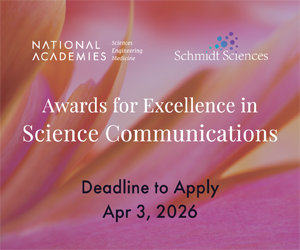Spyfall: Finding a way to bring science to the David Petraeus-Paula Broadwell-Jill Kelley-John Allen-Frederick Humphries II-CIA-FBI-Pentagon-Gmail scandal. Lessons for digital privacy: There isn't any. If only Petraeus had known about oxytocin and the evolutionary trend toward monogamy. An oxytocin variant in C. elegans. A vegetative patient speaks, in a manner of speaking. The people speak too, and vote for legal marijuana. The result: more research and more work for science writers.
Joel Shurkin: Forty-three years ago this summer I covered one of the most important stories in human history: The first human landings on another world. Apollo 11. Neil Armstrong. The moon. It was a different journalism world then, and a different America. The media were concentrated, rich, powerful. America was self-assured, rich, daring. Children, you missed a wonderful time.


